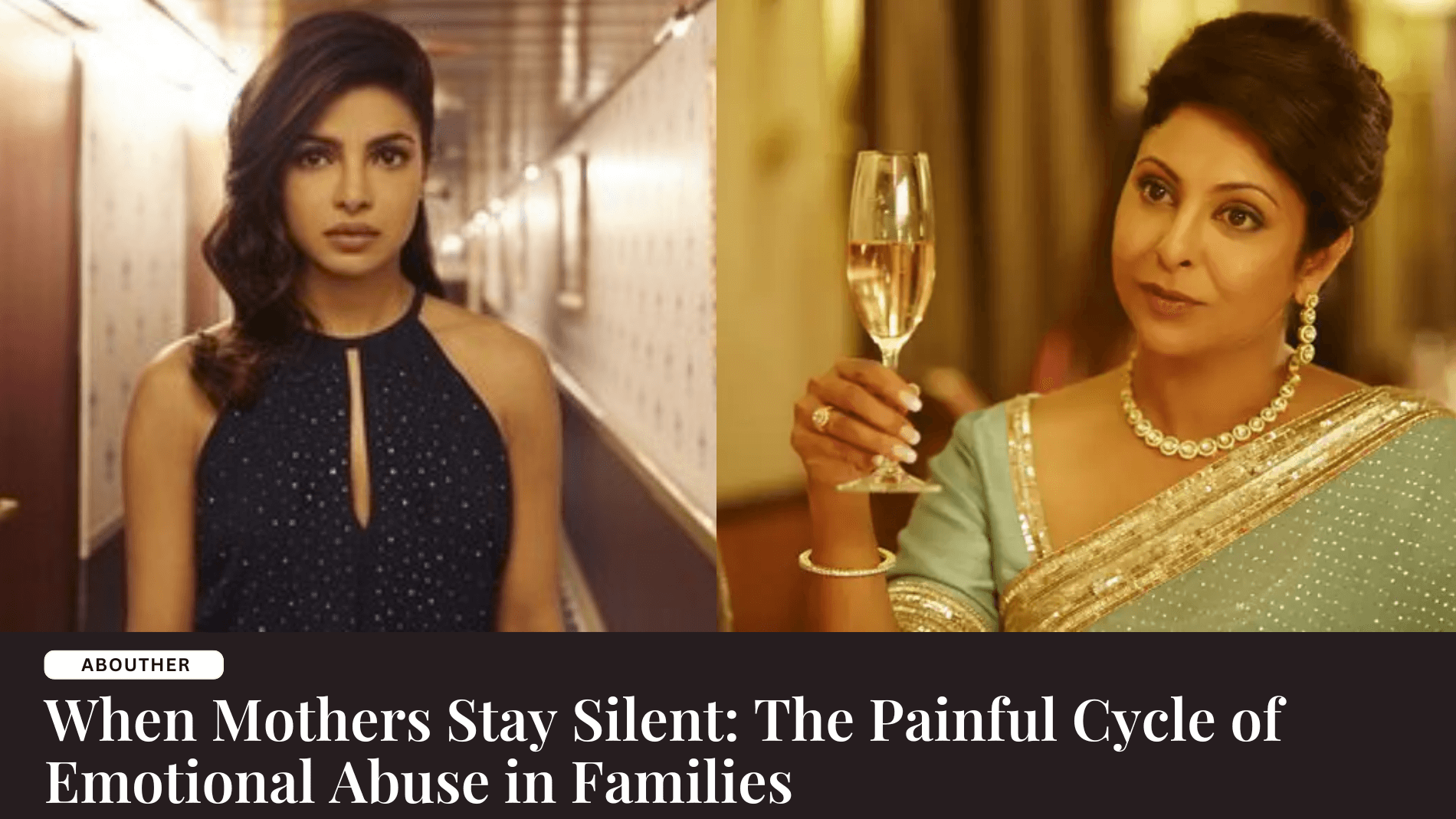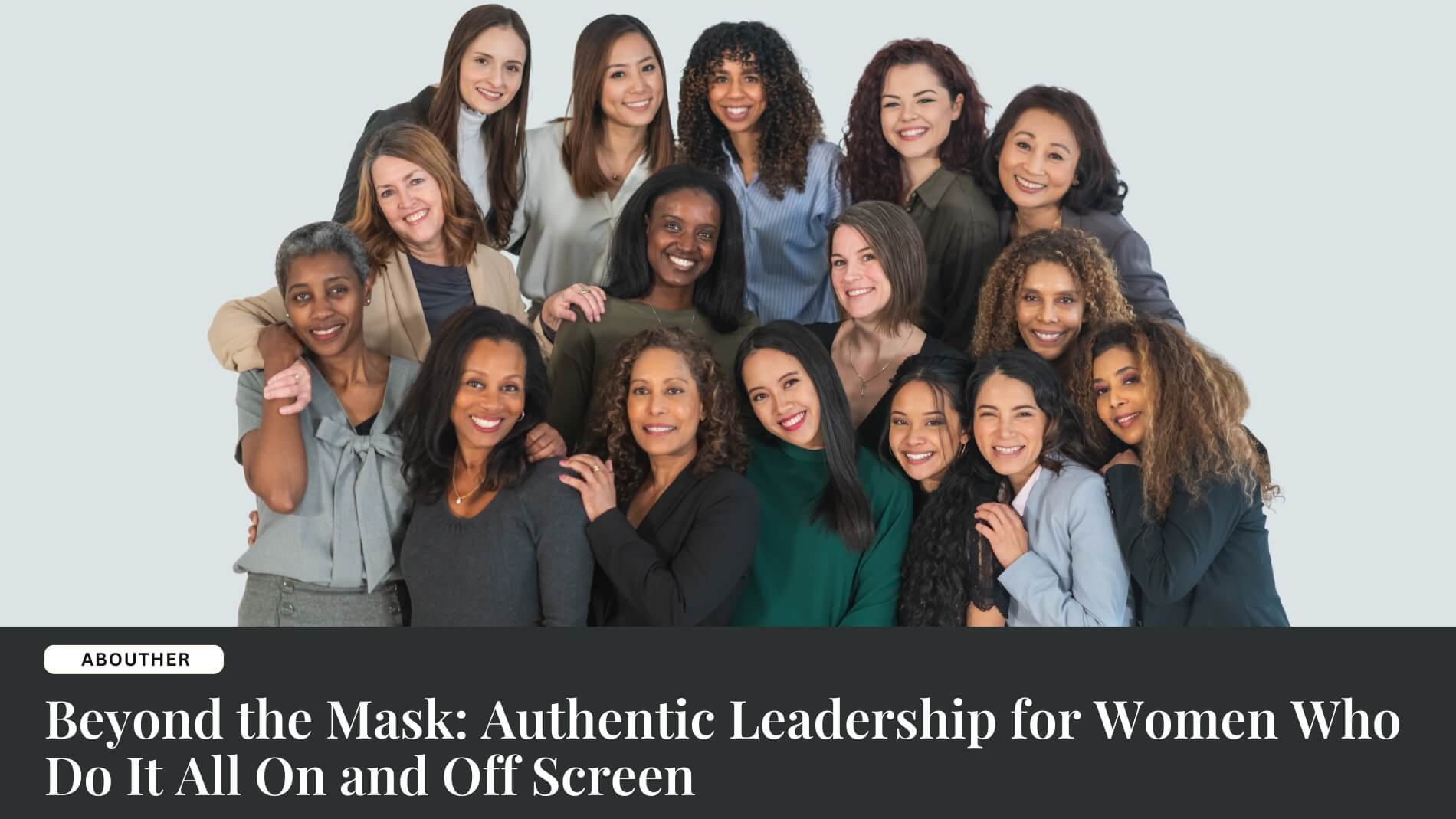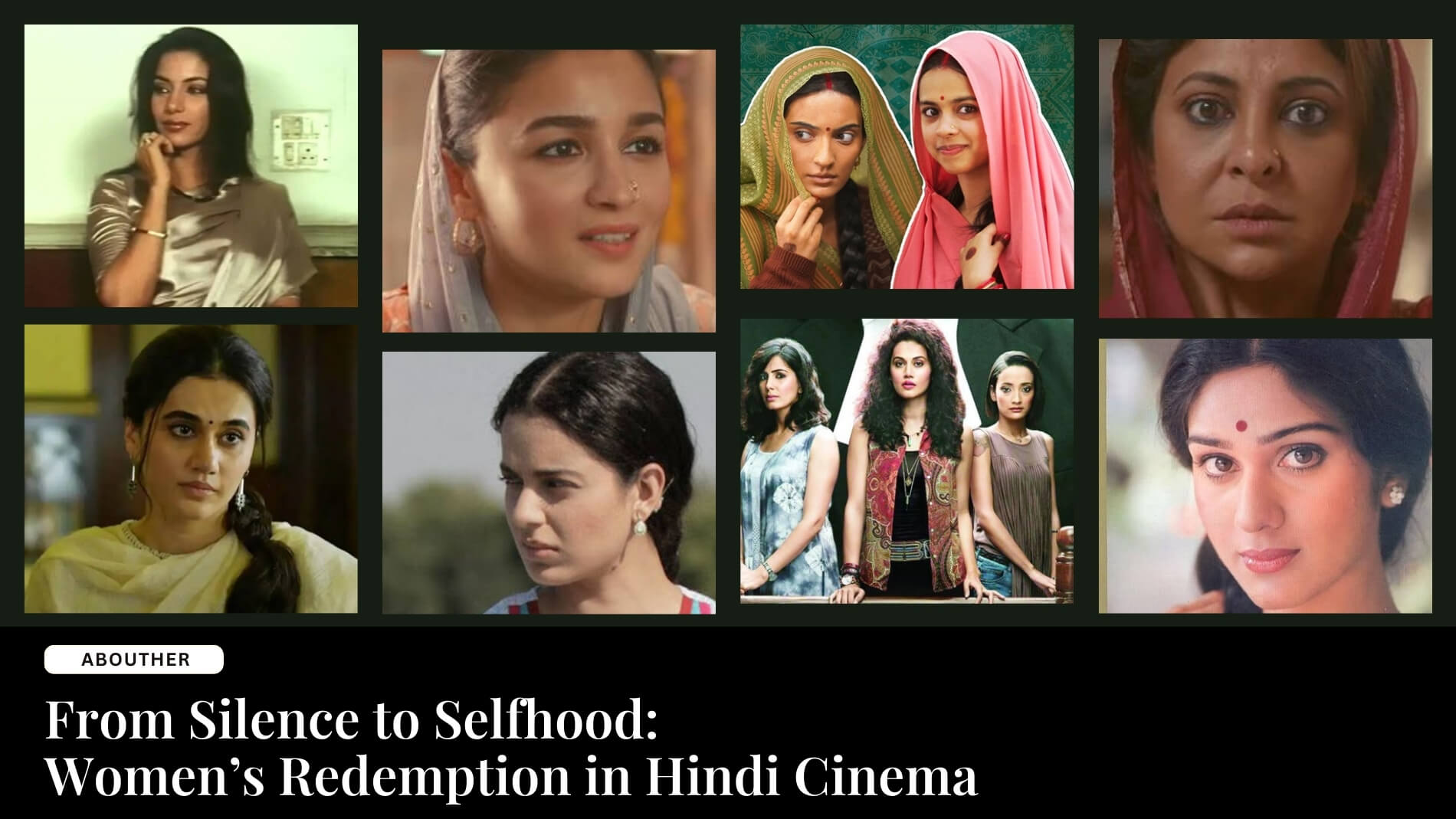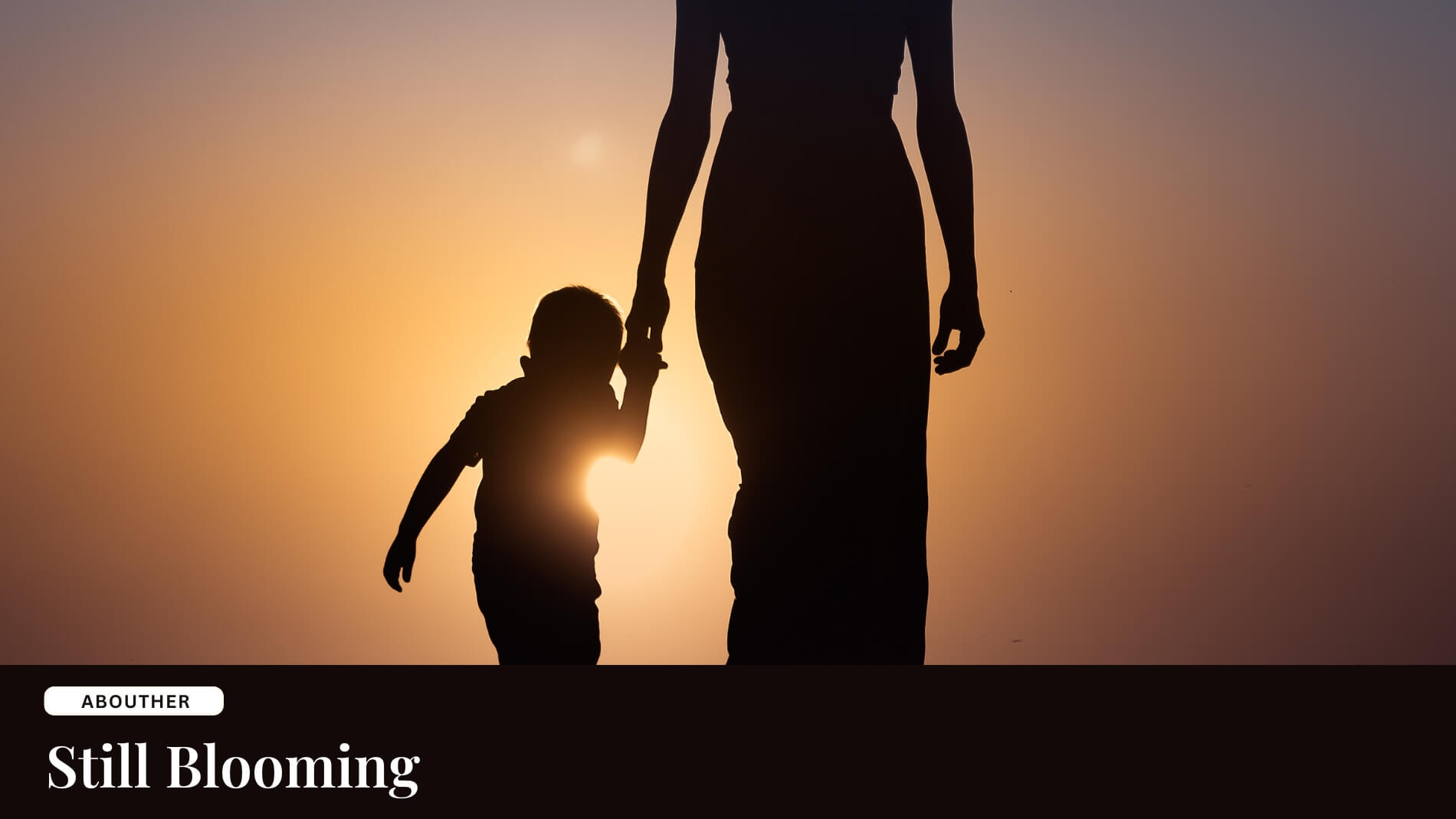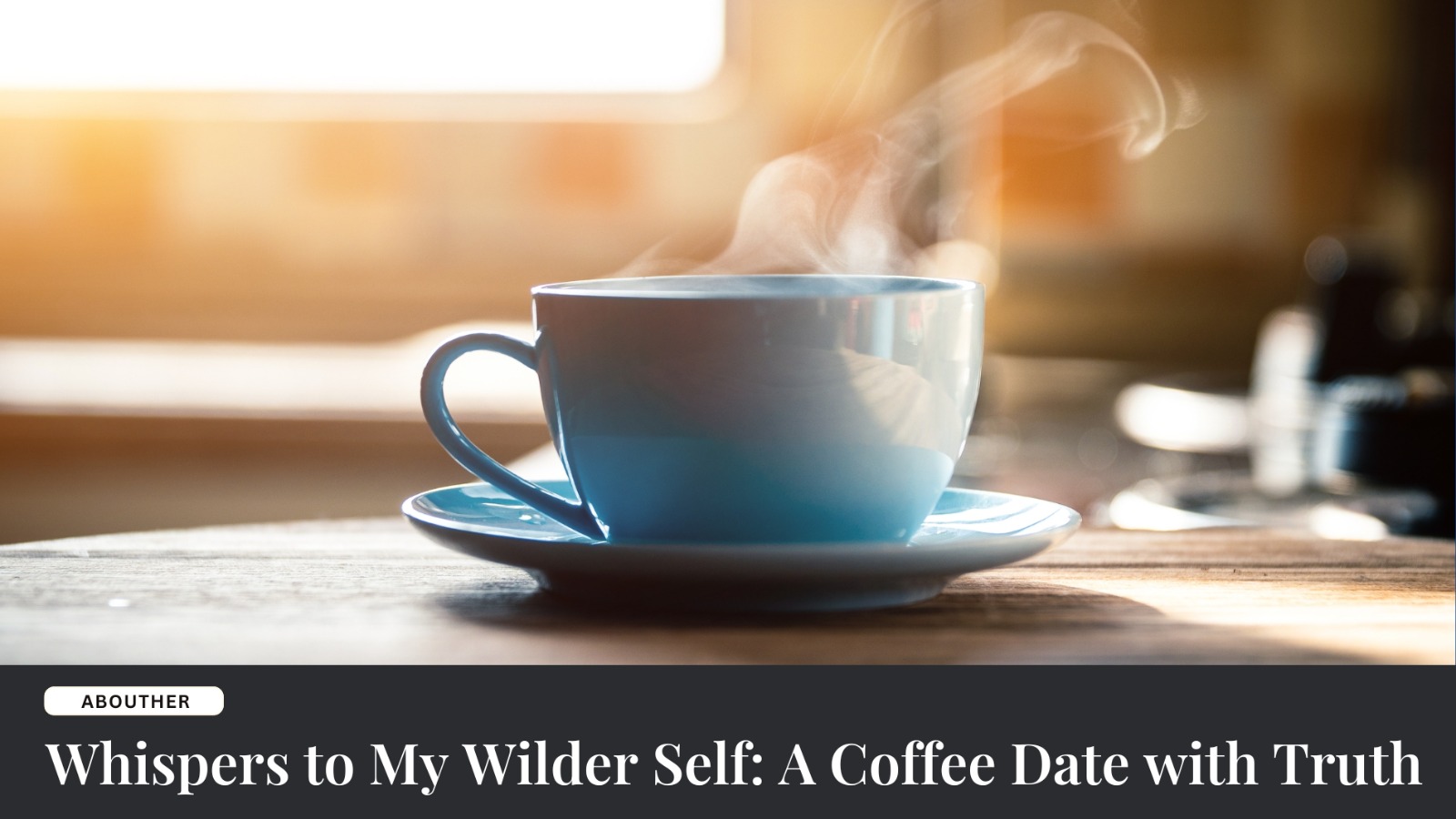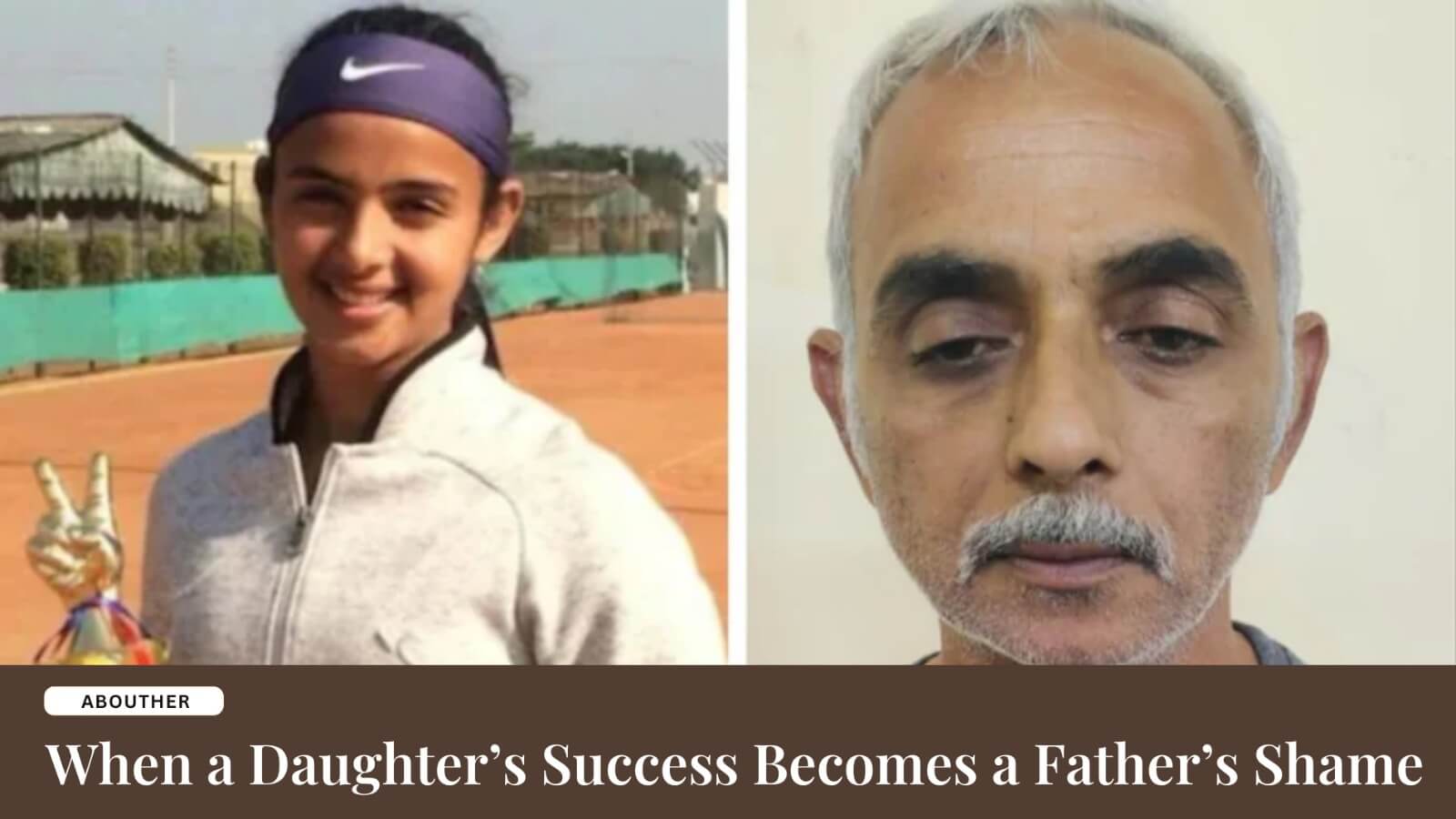When Mothers Stay Silent: The Painful Cycle of Emotional Abuse in Families
Inspired by Dil Dhadakne Do, this piece explores why women who’ve endured patriarchy often stay silent when their daughters face the same—and why it’s time we start breaking the cycle.
“Mujhe yeh zindagi nahi chahiye.”
“I don’t want this life.”
When Priyanka Chopra’s character, Ayesha, says these words in the movie Dil Dhadakne Do, they land like a punch to the gut. She’s successful, driven, outwardly composed—yet breaking inside. Her loveless marriage, the emotional neglect and abuse she endures, and the constant need to “adjust” to please others are suffocating her. What makes it worse? Her own mother, Neelam (played with haunting restraint by Shefali Shah), watches this unfold and says nothing.
This scene from Zoya Akhtar’s film mirrors a painful truth in many households—especially in South Asia. Women who’ve spent lifetimes being emotionally dismissed and quietly enduring patriarchy often remain silent when their daughters begin facing the same patterns.
My question is- Why does this silence persist?
Also Read: Fifty and Fearless
And what does it take to finally say: enough?
The Inherited Silence
Neelam isn’t just a character in a film—she’s a reflection of countless women who were told to keep the peace, not raise their voice, and above all, preserve the family’s image at any cost. She’s been emotionally sidelined by her husband for decades, but she plays her role to perfection- organising parties, keeping appearances, and tolerating emotional absence as if it’s normal.
When she sees her daughter walking the same path, she recognises it. But recognition doesn’t lead to action. Instead, she urges Ayesha to adjust, endure, and stay married—for the family, for society, for stability.
This is not just silence. It’s an inherited script.
Internalized Patriarchy and Emotional Conditioning
Years of living under patriarchal systems can make the abnormal seem ordinary. Neelam, like many women of her generation, likely believes that emotional abuse isn’t really abuse unless it’s physical. That her daughter should be grateful for having a successful life and “settled” marriage with all the material comforts—even if it’s hollow.
She believes she’s protecting her daughter by asking her to conform. What she’s really doing is projecting her own resignation, her own unhealed pain, onto her child.
It’s not lack of love. It’s lack of language.
The Fear Behind the Silence
There’s also fear—of confrontation, of change, of being blamed. A mother who dares to support her daughter might face backlash from her husband, relatives, or even society at large. In cultures where “log kya kahenge” carries more weight than “how are you feeling?”, silence is often mistaken for safety.
But the cost of that silence is staggering.
It tells daughters:
- Your pain isn’t worth disrupting the peace.
- Your voice will not be backed.
- You must adjust, just like I did.
And just like that, the cycle continues.
The Grief That Never Got a Voice
There’s something even deeper at play: unprocessed grief.
For women like Neelam, seeing their daughter go through the same abuse can be heartbreaking—but also paralyzing. It reminds them of their own lost battles, their silenced cries, their unlived lives. And rather than face that emotional avalanche, they retreat into denial or detachment.
They might not say it, but the pain is there. It just has nowhere to go.
Also Read: Tales of a Teetotaller
Breaking the Cycle
So what can be done? How do we stop history from repeating itself?
Here’s where it starts:
- Name the abuse.
Gaslighting, emotional neglect, invalidation—these are not “small things.” They’re real, and they cause real harm. - Empathize with complexity.
Understand that silence isn’t always cruelty. Sometimes it’s a scar. But scars can’t be excuses. We must do better than the generation before. - Encourage voice.
Whether you’re a mother, daughter, or friend—encourage expression. Let people speak their truth, even when it’s messy or uncomfortable. - Choose truth over performance.
Society’s approval is fleeting. A woman’s wellbeing isn’t. Disrupt the performance. Be the one who supports, who listens, who believes. - Offer support, not shame.
If your daughter, sister, or friend wants to walk away from a toxic situation, don’t ask her to “adjust.” Ask her how you can help.
Let Silence End With Us
Dil Dhadakne Do doesn’t tie up everything with a neat bow. That’s what makes it powerful. It lets its characters—and viewers—sit with discomfort. It makes us look at our own families, our own silences, our own patterns. It reminds us of what we see happening to ourselves,to a friend , to a sister, to a daughter.
It reminds us that change is painful. But silence? Silence is deadly.
We owe it to ourselves, and to the women who come after us, to speak up. To break the cycle. To refuse to be complicit just because we were once told to endure.
Let us not make silence our legacy.
Let us make it our breaking point.
If this resonated with you or someone you know, share this piece, start a conversation, or simply offer a listening ear. Every voice raised against emotional abuse chips away at its power.
Share This On Social
![Sangeeta-Relan-AH-525×410[1]](https://slategray-flamingo-696901.hostingersite.com/wp-content/uploads/2024/06/Sangeeta-Relan-AH-525x4101-1.jpeg)
I’m Sangeeta Relan—an educator, writer, podcaster, researcher, and the founder of AboutHer. With over 30 years of experience teaching at the university level, I’ve also journeyed through life as a corporate wife, a mother, and now, a storyteller.
Recent Posts

